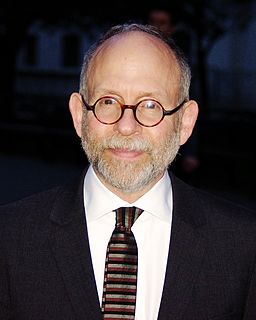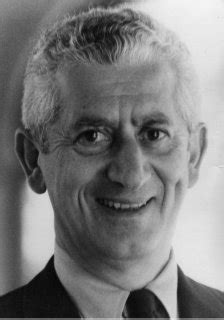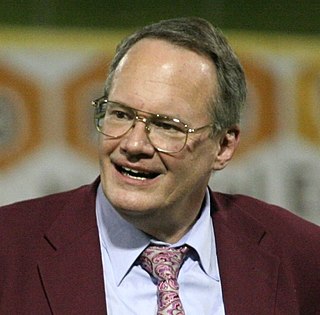A Quote by Richard Smalley
After a few years of intensive research, we found a way to use a pulsed laser directed into a nozzle to vaporize any material, allowing for the first time the atoms of any element in the periodic table to be produced cold in a supersonic beam.
Related Quotes
In some sense, what you might have suspected from the first day of high-school chemistry is true: The periodic table is a colossal waste of time. Nine out of every 10 atoms in the universe are hydrogen, the first element and the major constituent of stars. The other 10 percent of all atoms are helium.
Over the years, humans have managed to incorporate nearly every element, light and weighty, common and obscure, into our daily lives. And given how small atoms are and how many of them there are all around us, it's almost certain that your body has at least brushed against an atom of every single natural element on the periodic table.
Imagine if we had a food system that actually produced wholesome food. Imagine if it produced that food in a way that restored the land. Imagine if we could eat every meal knowing these few simple things: What it is we're eating. Where it came from. How it found its way to our table. And what it really cost. If that was the reality, then every meal would have the potential to be a perfect meal.

































